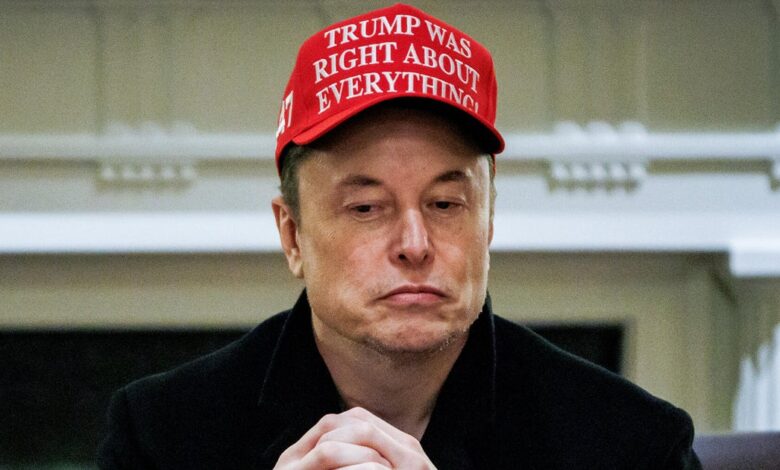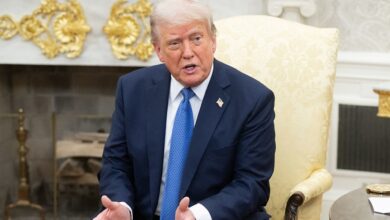DOGE says it has saved $160 billion. Those cuts have cost taxpayers $135 billion, one analysis says.

Elon Musk’s Department of Government Efficiency, known as DOGE, has been making headlines for its efforts to root out wasteful government spending. According to DOGE, they have saved a whopping $160 billion through their initiatives. However, a recent analysis from the Partnership for Public Service (PSP) suggests that these savings may have come at a cost to taxpayers.
The analysis by PSP estimates that DOGE’s actions will end up costing taxpayers $135 billion this fiscal year. This cost includes putting federal employees on paid leave, re-hiring workers who were mistakenly fired, and dealing with lost productivity. With the federal workforce’s annual compensation costs totaling $270 billion, the impact of DOGE’s actions has been significant.
DOGE’s cost-cutting measures have included a deferred resignation plan for government workers, which allowed employees to retain full pay and benefits without working. Additionally, thousands of government employees who were fired as part of the reform effort have since been rehired following a court ruling. However, these actions have led to productivity decreases and additional costs for taxpayers.
Max Stier, president of the Partnership for Public Service, expressed concerns about the waste created by DOGE’s cuts. He believes that taxpayers will ultimately bear the brunt of these costs, especially as more cuts take effect in the future. The White House has pushed back against PSP’s analysis, defending DOGE’s efforts to make government more efficient.
One major concern is the impact of job cuts on tax revenue. The IRS, for example, is planning to cut 40% of its workforce, which could result in a loss of $323 billion in tax revenue over the next decade. While DOGE’s cuts may lead to direct savings in the long run, there are concerns about the broader economic impact, including reductions in funding for health and science research.
Despite DOGE’s claims of significant savings, some experts have questioned the actual impact of their initiatives. A CBS News investigation found that some of the reported savings may have been overstated. Additionally, Musk’s goal of shrinking annual government spending by $2 trillion seems ambitious and unlikely to be achieved without cutting major federal programs like Social Security and Medicare.
In light of these challenges, Musk announced that he will be scaling back his involvement with DOGE starting in May. As the debate over government efficiency continues, taxpayers and government workers alike will be watching closely to see how these cost-cutting measures unfold.





